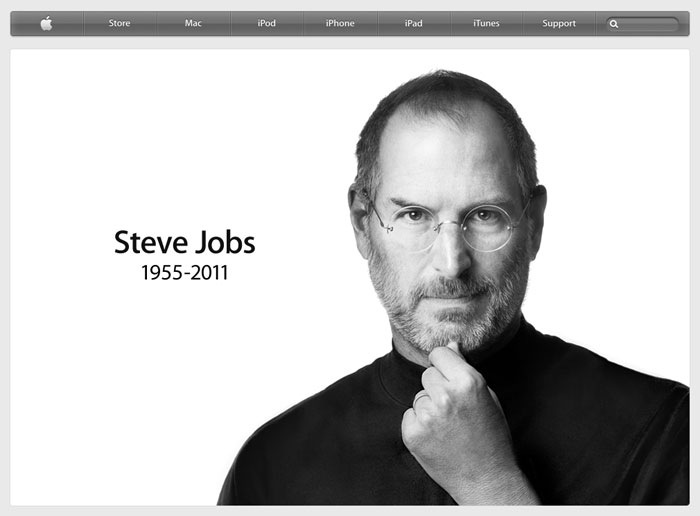UK government sanctions censoring web ineffectively, to THINK OF THE CHILDREN
Late last year, I wrote about the UK government’s stupid idea on attempting to block TEH EVILZ PORNZ online. I noted there were more than a few problems with this, not least the technical ineptitude of the UK government, the blacklist itself (in terms of deciding what’s on there—what about The Sun, for example?—but also in how it’s maintained), list targeting, and the very real fact that most households in the UK do not have dependent children.
The Guardian today reports that the government has got its way.
Subscribers to four of the UK’s biggest internet service providers will have to “opt in” if they want to view sexually explicit websites, as part of government-sponsored curbs on online pornography.
Because, you know, opting in to censorship would be the wrong way to go. Still, let’s hope this isn’t another government proposal driven by religious dogma, eh?
The measures will be unveiled on Tuesday as David Cameron hosts No 10 meeting with the Mothers’ Union, which earlier this year produced a raft of proposals to shield children from sexualised imagery.
Oh. Well, at least there’ll be no means for nutcases to put pressure on things they don’t like, right?
There will also be a website, Parentport, which parents can use to complain about television programmes, advertisements, products or services which they believe are inappropriate for children.
I see. Still, with an estimated 255 million websites in existence at the end of 2010, I’m sure it’ll take the Parentport no time at all to set up a blacklist of the worst ones. Completely ineffectively, of course, ignoring tons of hardcore porn and yet including the odd healthcare site, newspaper and Wikipedia in the no-no list.
The service providers involved are BT, Sky, TalkTalk and Virgin.
So: all of the cable providers. That’s just dandy, not least given that BT and TalkTalk have been banging on about the horrors of the Digital Economy Act, and yet have now capitulated to government censorship.
Customers who do not opt in to adult content will be unable to access pornographic websites.
For now. The issue here isn’t just that adults should be able to decide what they want to access, without ending up on some kind of ‘list’; it’s also not just the fact that there is no way whatsoever that the blocks will be entirely effective, meaning kids won’t in fact be shielded from porn; it’s that this is the start of government-sanctioned nationwide censorship of the internet. And it’s using porn—the issue that most resonates with middle England—to get everyone to accept this. What’s to stop the government next deciding that ‘children’ (i.e. everyone) shouldn’t be able to access websites that showcase things it doesn’t want you to access, unless you’re on a list? Think about it.
Cameron:
[W]e should not try and wrap children up in cotton wool or simply throw our hands up and accept the world as it is. Instead, we should look to put ‘the brakes on an unthinking drift towards ever-greater commercialisation and sexualisation’.
We should also treat adults as adults, rather than wrapping up the entire country in cotton wool and censoring the greatest communications medium of the modern age, in a ham-fisted way that simply will not work.
I’ve no problem with opt-in censorship. I’ve no problem with the government setting up a website to inform non-technically savvy parents about how best they can deal with internet traffic coming into their house. I’ve not even got a problem with legislation to enforce ISPs to offer some kind of site-blocking option. But it shouldn’t be on by default, and this could be the start of the slippery slope. I just hope I’m wrong about that.
Note: the BBC is at the time of writing claiming the block will be opt-in, contradicting the Guardian’s report.
UPDATE: Duncan Geere on Twitter:
Just spoke to @virginmedia. Things are a bit more complex with this block than is being reported. Will detail in a story, coming soon. Crucially, they say that existing customers will have to opt IN to the block, not out of it. New customers will get the choice at signup.
If this turns out to be the case, fair enough. It won’t work. The ‘porn’ will include things people consider porn but that aren’t porn, but will ignore loads of actual porn, and I’m sure perfectly decent sites will get caught in the crossfire. But if that’s a household’s own decision, that’s their problem. That said, I still worry about government-sanctioned censorship in any form.
UPDATE: ISPs reportedly “livid”, and arguing government misleading the public over discussions and resolutions. (SROC)
UPDATE: PC Pro gets responses from the four ISPs in question. Three appear to be using opt-in parental controls for PCs, and a decision will be required on joining the service. TalkTalk, by contrast, will offer a network-wide content filter.
